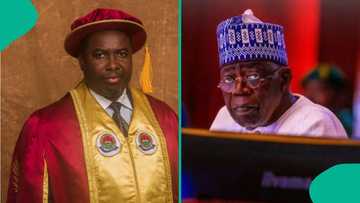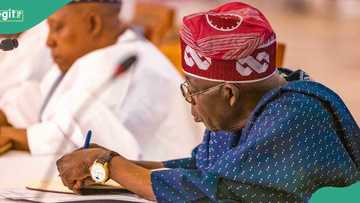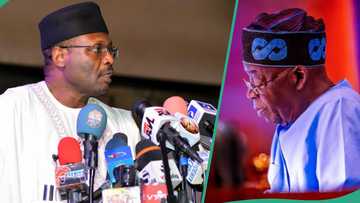Council of State: Obasanjo, 2 Others Absent as Tinubu Gets Approval for New INEC Chairman
- President Bola Tinubu presided over a crucial Council of State meeting on Thursday, with discussions centred on national insecurity and the 2027 general election
- The session also marked the formal approval of Tinubu’s appointment of a new INEC Chairman
- However, the absence of key elder statesmen, Yakubu Gowon, Olusegun Obasanjo, and Goodluck Jonathan, sparked notable interest
As President Bola Tinubu presided over the second Council of State meeting of his tenure, attention turned not only to the agenda, which included the approval of a new INEC Chairman and discussions on national insecurity, but also to the conspicuous absence of several high-profile figures.
Here’s a closer look at the notable absentees from the Council of State meeting held at the Presidential Villa in Abuja:
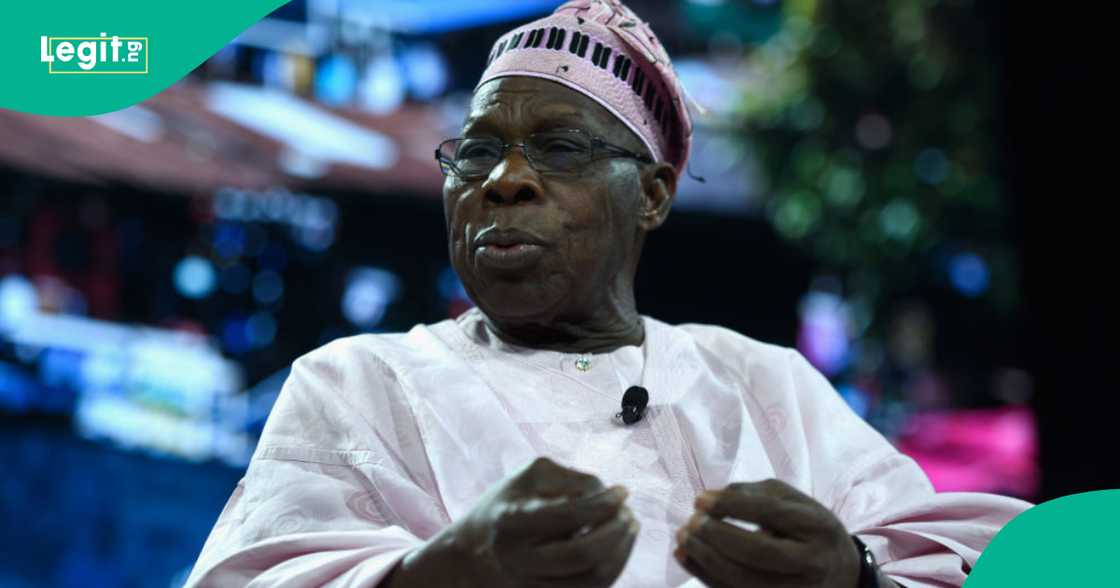
Source: Getty Images
Yakubu Gowon absent from Council of State deliberations
Former Head of State General Yakubu Gowon did not attend the meeting. His absence marked a deviation from previous sessions, where he had often been present to lend his voice to national matters.
Olusegun Obasanjo misses strategic council gathering
Former President Olusegun Obasanjo was also absent from the meeting. Known for his vocal stance on governance and electoral reforms, Obasanjo’s non-attendance drew attention, especially given the Council’s focus on the 2027 general election.
Goodluck Jonathan not present at presidential villa
Former President Goodluck Jonathan, another key figure in Nigeria’s democratic evolution, was not in attendance. His absence came as the Council deliberated on the appointment of a new INEC Chairman, a role central to electoral integrity and democratic continuity.
Implications of the absences
The Council of State is traditionally composed of all surviving former Presidents and Heads of State, alongside judicial and executive leaders. While virtual participation was enabled, used by Ibrahim Babangida, Abdulsalami Abubakar, and Governor Charles Soludo, the absence of Gowon, Obasanjo, and Jonathan left a noticeable gap in historical and democratic representation.
Their non-participation did not halt proceedings, but it did raise questions about consensus-building and the symbolic weight of unity among Nigeria’s elder statesmen during pivotal national decisions.
As the country looks ahead to the 2027 elections and grapples with persistent insecurity, the absence of these seasoned leaders from the Council of State meeting may shape public perception of the advisory body’s cohesion and influence.
Who is Joash Amupitan?
Professor Joash Ojo Amupitan has been appointed as Nigeria’s new INEC Chairman, succeeding Mahmood Yakubu.
A Senior Advocate of Nigeria (SAN), Amupitan hails from Ayetoro Gbede in Kogi State and becomes the first native of the state to lead the electoral commission. He is a Professor of Law at the University of Jos, where he also serves as Deputy Vice-Chancellor (Administration).
With over three decades in academia and legal practice, Amupitan specialises in Corporate Law, Evidence, and Governance. His nomination was approved by the National Council of State and awaits Senate confirmation.
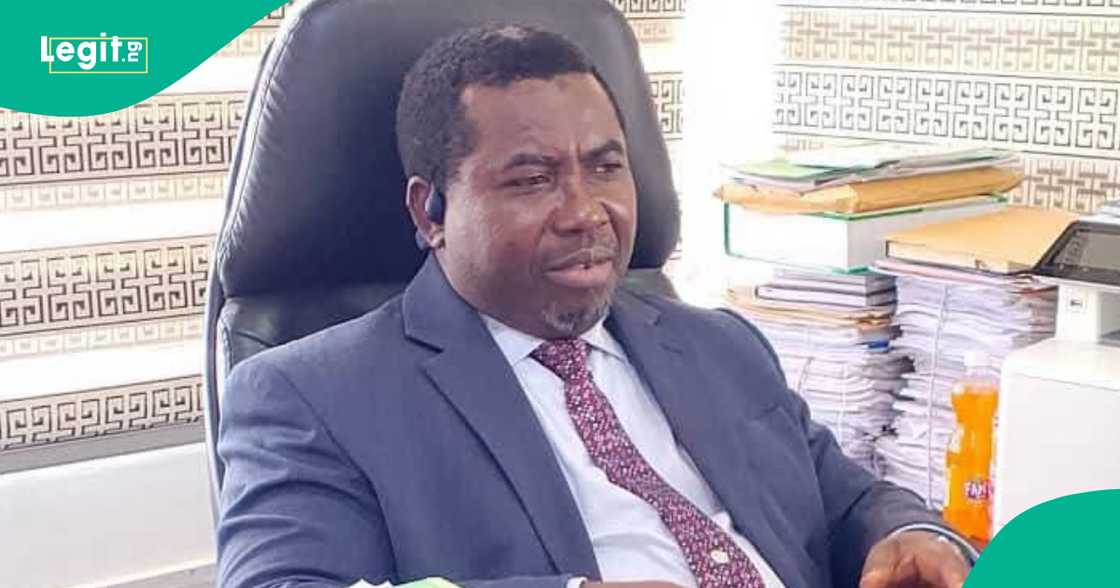
Source: Facebook
Members eligible to approve appointment of INEC chairman
Legit.ng earlier reported that in accordance with the Nigerian Constitution, the Council of State plays a pivotal advisory role in the governance of the country, particularly in matters relating to the appointment of key national officials, including members of the Independent National Electoral Commission (INEC).
The Council is chaired by the President and serves as a constitutional advisory body whose recommendations, while influential, are not binding. The Council of State is empowered to “advise the President in the exercise of his powers with respect to the Independent National Electoral Commission (including the appointment of members of that Commission),” among other responsibilities.
However, constitutional provisions clarify that the President retains the ultimate authority and may override the Council’s advice or lack thereof. Beyond INEC appointments, the Council also advises on matters such as the national population census, the prerogative of mercy, national honours, the National Judicial Council, and the National Population Commission.
Source: Legit.ng


